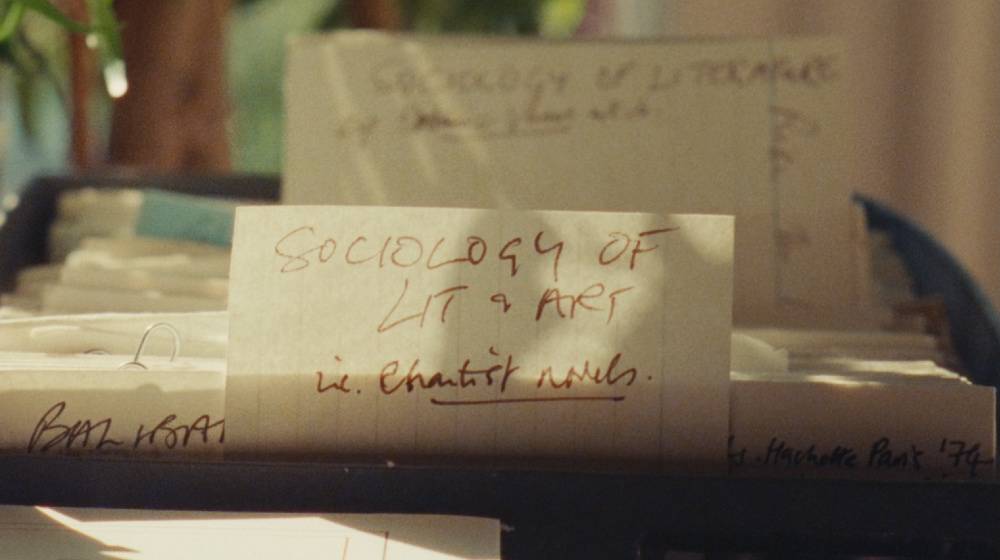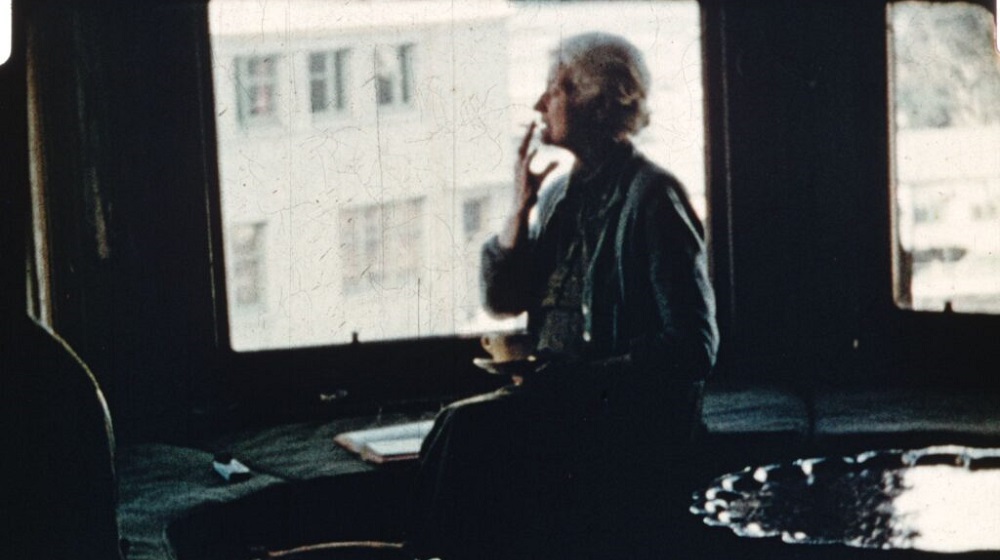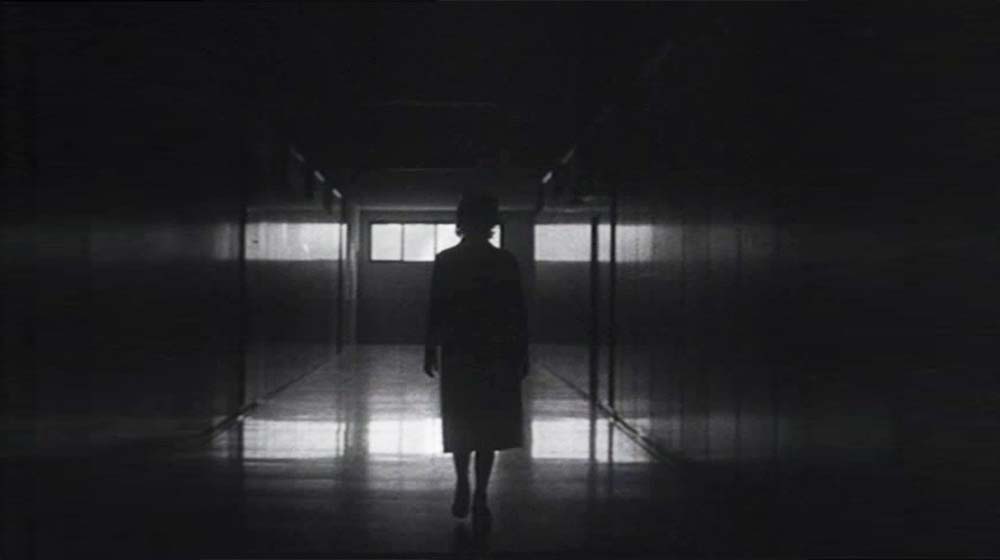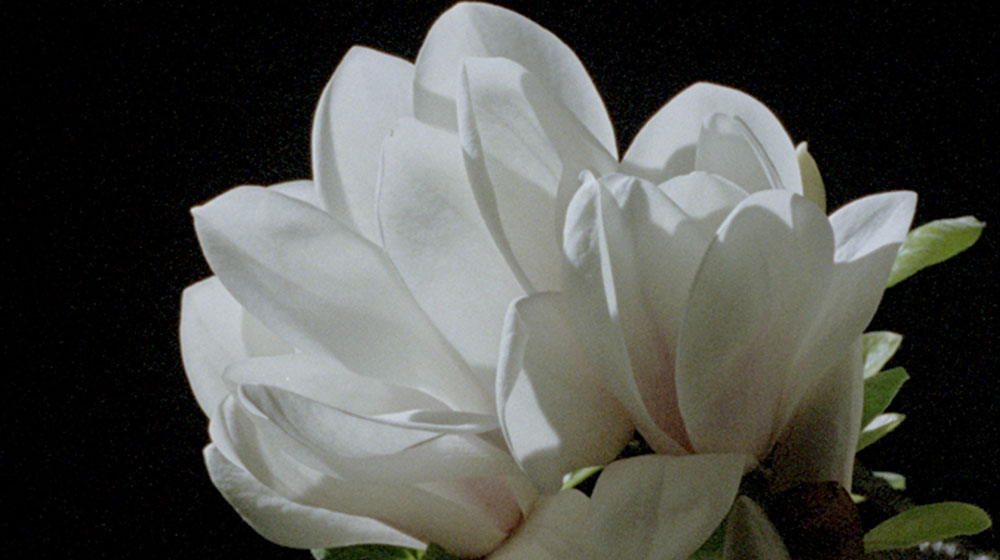In these works the different documents - notebooks, annotations, sketches, recordings, photographs, landscapes and buildings - present the story in fragments encrusted with the voice of their protagonists and their records. Fowler went to Orkney, the archipelago where Margaret Tait was born and produced her work, to record the images and sounds of her landscape - the houses where the Scottish filmmaker lived and the places where she filmed - and to track them down in her archive. Houses is therefore an almost bodily evocation of Tait’s life and work produced on the centenary of her birth, while Mum’s Cards is an attempt to portray her mother through the many cards she used for lecture notes when she worked as a sociologist at the University of Glasgow. Finally, To the Editor of Amateur Photographer revolves around the personal accounts and documents related to the complex history of Pavilion, the first centre of feminist photography in Europe dedicated to representing and supporting photographic production by women.
Many films by Luke Fowler, such as those we’ll see in this session, document archives and the various tangible and intangible elements around them, not only people or places but also ideas and impressions, which he uses to sketch out micro-stories from a myriad of subordinate voices. And he does so by exploring the limits and conventions of the language of film, never neglecting sound work and always placing himself between the poetic and the political, between documentary and experimental, biographical and archival.
Houses (for Margaret), 2019, 16 mm to HD, 5 min; Mum’s Cards, 2018, 16 mm to DCP, 9 min; To The Editor of Amateur Photographer, 2014, 16 mm to DCP, 68 min.
Copies courtesy of Lux. Original language subtitled in Catalan.




